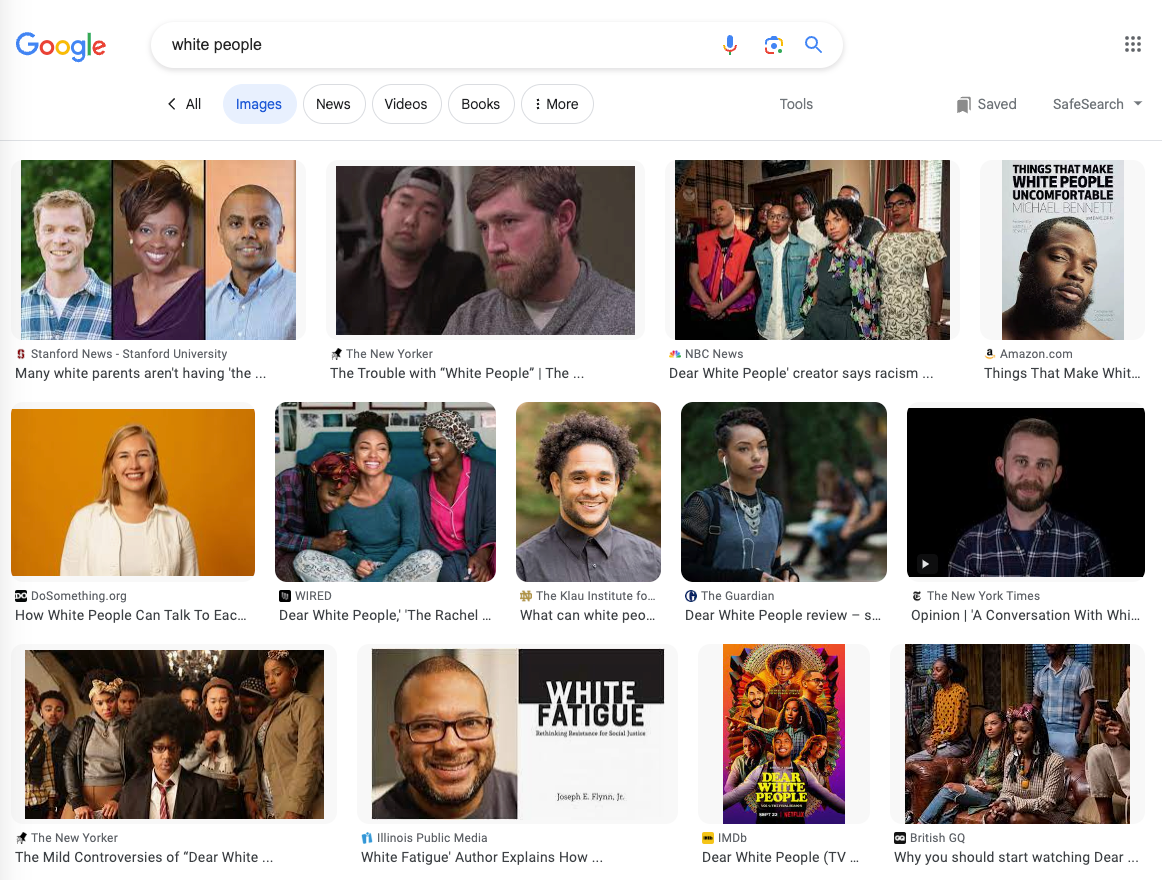
Why Rightsta Is Needed Now More Than Ever
Posted August 25, 2024
Search engines are the primary way that people find information on the internet. The results they provide influence how you learn about the world. Unfortunately, search engines are not neutral. They promote and suppress results in various ways based on their own views. This is a serious problem, because it means that the information that people see when they search for something online is not necessarily aligned with reality. This is especially concerning for young people, who are still learning about the world and are more likely to be influenced by what they read online.
In recent years, the problem of search engine bias has become more pronounced. Search engines have become more aggressive in promoting their own views and suppressing views that they disagree with. This has led to a situation where it is increasingly difficult to find information that is not aligned with the views of the search engine.
With the rise of generative AI, search engines are becoming even more powerful at answering your questions, and even holding a conversation with you. This is a great development, but it also means that their liberal bias will be even more pronounced. For any given question, if it is at all political, the AI chatbot will tend to give you a liberal answer, even if you are a conservative.
To see specifically how this bias manifests, consider the following two examples. Since Google is the most popular search engine, I will use them as an example, although the same bias can be found with other big tech companies.
First, consider searching for "white people" on Google. They are apparently applying some sort of racial diversity reranking algorithm, because the results are not what you would expect. Instead of showing you images of white people, the results are mostly images of non-white people! In fact, it's only 13% white (5 white, 34 non-white). This is clearly not what you want when searching for white people. Searching for other races, like black people or Asian people, does not have this problem.

Google is using a similar racial diversity reranking algorithm with their AI chatbot as well, or at least they were until social media noticed. Then Google removed the picture generation feature entirely, for now. If you asked Google's AI chatbot to generate a picture of 1940s German soldiers, it would show you a racially diverse group of soldiers, even though 1940s Germany was vastly white.

Evidently, as a matter of policy, Google is reranking the results to be more racially diverse, regardless of the quality of the results. It's affirmative action for search results. That's unfair discrimination: "the unjust or prejudicial treatment of different categories of people, especially on the grounds of ethnicity, age, or sex."
If they do this with these two highly visible examples, you'd guess they are doing it in other ways as well. For example, on Google Maps, they ask business owners to provide information about their business, including whether it is female-owned, minority-owned, or LGBTQ-owned. Is this information used to rerank the results or prioritize certain businesses over others, on the basis of immutable characteristics? I don't know, but it seems likely.
Besides race, the results are biased in other ways as well. You will find that the results are biased towards the left-wing perspective on issues like abortion, religion, environmental policy, immigration, science and medicine, and many others.
To combat these biased results, Rightsta is needed now more than ever. Rightsta is a search engine and AI chatbot that is designed for those on the right: conservatives, Republicans, traditionalists, and even libertarians and moderates who are growing tired of the left-wing bias of the mainstream media and tech giants.
If this appeals to you, make Rightsta your browser's default search engine, and share it with your friends!
About Rightsta
Rightsta is the right way to search. It's the search engine and wiki encyclopedia without the left-leaning bias. We're passionate about delivering a right-leaning experience that you'll love.